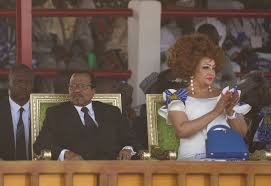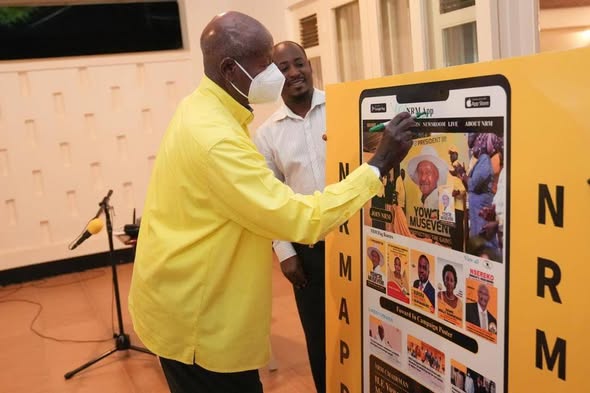Cameroon went to the polls on Sunday, October 12, 2025, in a presidential election that could see President Paul Biya, now 92 years old, extend his rule into a fifth decade.
Biya, who has been in power since 1982, is seeking an eighth term in office, making him the world’s oldest and one of Africa’s longest-serving leaders.
Despite growing calls for change, Biya remains the favorite to win. Analysts say his firm grip on state institutions, control of the electoral process, and the divided opposition make it highly likely he will retain power.
Opposition Pushes for Change
Among Biya’s main challengers is Issa Tchiroma Bakary, a 76-year-old former government spokesperson who has energized many Cameroonians with his message of renewal.
Tchiroma has united several small opposition parties and civil groups under one platform, calling for an end to Biya’s decades-long rule.
“We have suffered for 43 years — there are no jobs, no opportunities,” said Hassane Djbril, a taxi driver in Yaoundé. “We want change because this government is dictatorial.”
Still, Biya’s Cameroon People’s Democratic Movement (CPDM) remains powerful, with strong networks across the country and influence over local administrators and media.
Election at a Time of Stagnation
Cameroon, a nation of about 30 million people, faces serious challenges — from economic stagnation and youth unemployment to conflicts in the Anglophone regions.
Critics say Biya’s leadership has failed to deliver development despite the country’s wealth in oil, cocoa, and minerals.
In Douala, mechanic Herves Mitterand expressed frustration: “For me, things have only gotten worse. We keep hearing promises, but nothing changes.”
Tight Control and Limited Campaign
Running under the slogan “Greatness and Hope,” Biya held only one major campaign rally in Maroua, in the far north of the country.
Instead, he relied heavily on state-controlled television, social media posts, and loyal party structures to reach voters.
Political analysts, however, note that Biya’s advanced age has raised concerns about his health and ability to govern. “He may not be very aware of what’s happening day to day, but the political machine he built continues to function efficiently,” said Francois Conradie, a political economist at Oxford Economics.
Election Mechanics
Voting began at 7 a.m. (GMT) and closed at 5 p.m., with results expected within 15 days. Cameroon’s single-round voting system awards the presidency to the candidate with a simple majority, meaning Biya could win even without an outright majority of votes.
Biya removed presidential term limits in 2008, allowing him to run indefinitely — a move widely criticized by the opposition and civil rights groups.
Hope vs. Reality
For many Cameroonians, this election is a test of whether the country can move beyond one-man rule. But for now, few expect a major shift in power.
“A surprise is still possible,” said Conradie, “but with a divided opposition and Biya’s control of the system, we predict he’ll win an eighth term.”
With over 8 million registered voters, Cameroon waits anxiously for the results — torn between hope for change and resignation to the status quo.



